The basic definition of stargazing would be an activity of studying the stars. However, nowadays, stargazing is more of a hobby and passion for many around the globe. People love to look up at the stars and other objects in space as their favourite pastime. Stargazing for beginners is adventurous and can be breathtaking while on a camping, hiking and trekking trip.
Stargazing together is also considered to be deeply romantic. However, in this digitized era, when people are stuck to their mobiles and laptops 24*7, stargazers are rare. In such an era, allowing yourself to disconnect from the other half of the world and blissfully connecting with your partner is just more than romantic.
Are you and your partner a selenophile or an astrophile, to be specific, or both?
Then a night spending time together to gaze at the stars is the best date that can be planned for you both. So, if you are ready to sneak out at night for some crazy yet peaceful activity, stargazing is the best thing you should do.

How to Start Stargazing If You Are A Beginner?
Stargazing for beginners seems simple but is complicated in reality. If you are a beginner, the things you need to forward your baby steps in the world of stargazing are a pair of binoculars, your smartphone, and a proper location. However, it does not take much skill or equipment to dive into stargazing or amateur astronomy. Here are some tips to get started-
Watch the Moon and the Planets
The earth’s companion moon is visible from almost everywhere on the planet. When you start watching the Moon, you watch it every day. The Moon changes its shape based on time and place. While watching the Moon, you should relate its change concerning its position among the other stars and celestial bodies.
Gaze at the Milky Way
The Milky Way is the galaxy that contains our solar system. Watching the Milky Way’s movement changing with each passing season is at most a beautiful activity.
Our solar system is located in the Milky Way. Watching the sun can also be an interesting activity. But, do not look at it directly, instead, use a solar filter or dark sunglasses. The position of sunrise and sunset seems to change when you keep noting them down each day.
This change in the position of the Milky Way usually has to do a lot with the movement of other celestial bodies, because as we all know, the Sun is also a star. It is just the beginning step to making you patient enough to watch the movements of stars and other celestial bodies.
Start Using a Star Chart
It depends on you if you want a printed chart or a chart online, but possessing either of them will help you gain interest and increase your knowledge in stargazing. Charts usually have many interesting facts and assist you in deciding positions and angles for stargazing.
By noticing the star patterns you can learn to identify stars, planets and constellations. Some may be known, but the invention has no end. So, every day, you stargaze a little more; you invent a lot more.
Use the Right Equipment
If you are a beginner, then before purchasing a telescope, you should try your pair of binoculars. Most of us had Binocular purchases in our childhood for one or the other craze.
So, what are you saving them for?
Using binoculars can introduce you to various secrets of the night sky that you cannot see with naked eyesight. You can see a lot of noticeable star patterns, star clusters, or clouds of gas.
Once you are experienced with binoculars and are already patient and keen enough to keep up with the discoveries, it is time for you to buy a telescope or Astro camera. Learn proper astrophotography settings to click mind-blowing pictures of the night sky.
Find A Perfect Area, Preferably A Dark Site
It is hard to watch stars from a city with ambient lights around. You should choose a place dark enough to get a proper view of the stars, planets, comets and galaxies. The delight of the invention is contagious. So, enjoy your stargazing Nights with your partner or family. Stargazing is best in a dark place with an expansive view of the night sky.
Interact with People Interested In The Same
Linking up with people interested in the same field at the same hobby can increase your knowledge. Discovery is when shares are better because there is more on each of your plates.
If you want to study stargazing, only practical work is not just enough. To gaze at the stars is not the only thing about stargazing. You need to enhance your knowledge theoretically, too. For that, you are recommended to read and surf as much as possible in this regard.
To get started, we all need help with what to do and where to look. Here are some recommendations:
Read Astronomical Books
If you want to study stargazing, only practical work is not just enough. You need to enhance your knowledge theoretically, too. For that, I recommend reading astronomical books.
To get started, we all need help with what to do and where to look. In that regard, both online and offline methods of gaining knowledge are trusted to help. However, nothing ever can beat up the power of enhancement of knowledge a book can provide.
Books on stargazing are widely recommended for everyone, be they a beginner or a professional. Even a simple book, when turned up well, can cause your knowledge to level up speedily. While peeking through the pages of books, your stargazing knowledge starts achieving heights and becomes as wide as the sky. Plenty of books on stargazing by popular authors always are in demand by each stargazer.
Here are some of my recommendations for astronomical books-
- Nightwatch: A Practical Guide to Viewing the Universe by Terence Dickinson
- Turn Left at Orion: Hundreds of Night Sky Objects to See in a Home Telescope – and How to Find Them by McMillan Eric, Chaisson, Steve
- 50 Things To See With A Small Telescope by John A Read
- Astronomy: A Self-Teaching Guide by Dinah L. Moché
- Find the Constellations by H. A. Rey
- Astronomy for Dummies by Stephen P. Maran
Use Mobile Apps to Get A Guide For Stargazing
Mobile apps for astronomy are some recent innovations that allow users to track specific stars, planets and galaxies. Most of these smart apps are available on Google Play Store.
- SkyView
- Star Walk
- Star Rover
- Night Sky
- Sky Safari
- Pocket Universe
- NASA app
Watch Video Tutorials
The other side by which you can enhance your knowledge is YouTube. Like the universe, it is a place of infinite options for discovery that is always expanding. Over a billion videos on YouTube will guide you from the basics to each of the relevant information needed in this field. While surfing, you just need to find the right one for you among all. You can get in-depth practical knowledge of various aspects of stargazing, telescopes, binoculars and other equipment.
Apart from this, you need to do some research work and keep it in your personal research space. For example, a star map can help you to increase your IQ and clarify your vision regarding the world of stargazing. Maintaining an astronomical diary is another option that is supposed to help.
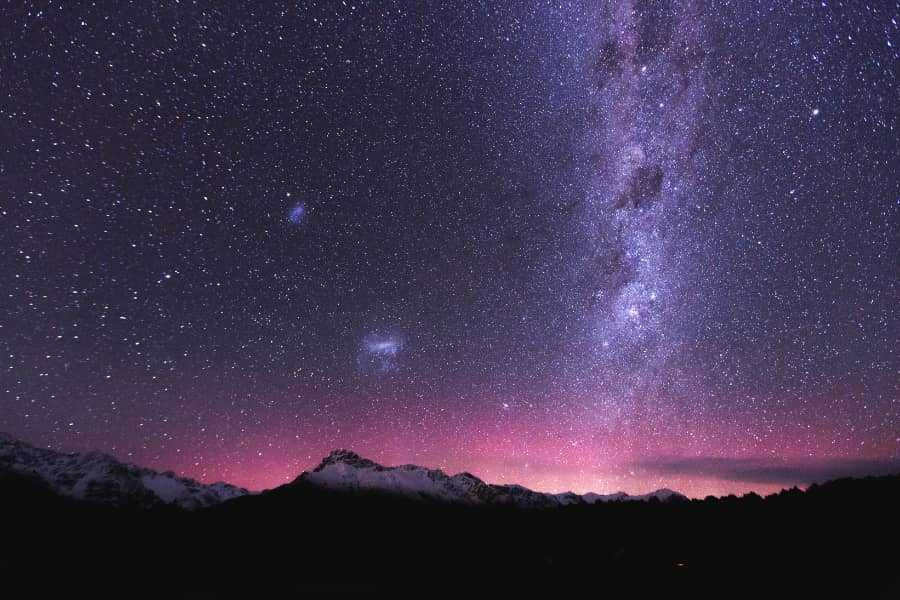
Why Is Stargazing A Beautiful Part of Trekking, Hiking, and Camping Trips?
Stargazing has been an interesting activity for nature lovers. Trekking and Hiking are other options that induce energy in the body, which was lazy enough during the quarantine. Camping and stargazing, while you halt in between to breathe, is probably among the best view one can enjoy among the beauty of nature.
By stepping onto darkened trails and folding a limitless night sky, outdoor enthusiasts often get to capture beautiful twinkling constellations and glowing celestial bodies.
If you are on a trek to higher altitudes, stargazing becomes easier for you. The less atmospheric distortion and a better capable sight make the view clearer and ease the job of the stargazers. Camping in a comfortable tent under the stars is the most aesthetic vibe you can enjoy.
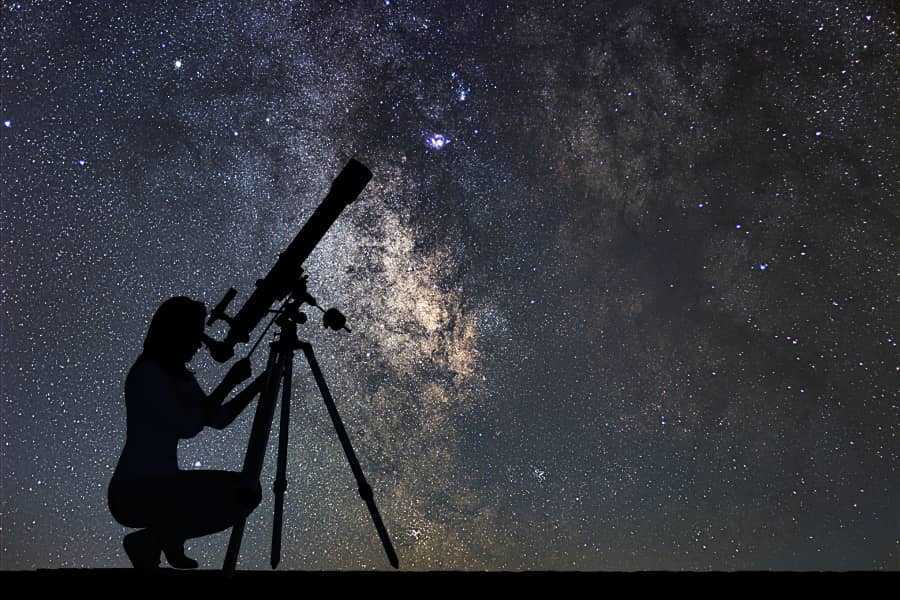
What Are The Gadgets Used For Stargazing?
Binoculars are considered perfect to gaze at the stars for beginners especially. With the best binoculars, you can easily see the little details of the Moon, asteroids, and even planets that are close to the earth. In comparison to telescopes, binoculars are better for beginners because of their ease to handle. However, before taking the plunge into a telescope, you should learn the basics with binoculars.
Binoculars are preferred because of the following:
- They are a better place to start when compared to telescopes
- They are more compact, easy to handle and use to gaze at the stars.
- Stargazing for beginners should always start by watching the Moon with their binoculars
- Next, you must move on to watching planets and other celestial bodies
- After that, you are recommended to explore inside and peer beyond the Milky Way.
However, gazing at the stars is much better with a telescope. If you are done with your beginner level and have successfully stargazed for more than a month or two, this is the right time for you to take a telescope. Telescopes are better because they can gather more light than the human eye. The best telescopes in India allow you to see finer details of astronomical bodies and allow a more profound vision of the universe. That is why telescopes are most recommended. You can carry it along with the camping essentials you need.
When you turn pro, these are your must-haves for a decent stargazing night-
- Binoculars
- Telescope
- Eyepieces and accessories
- Beach towel
- Flashlight
- White headlamp for clean-up
- Laser pointer
- Lens cleaning tool
- Level indicator
- Toolbox
- Star maps
- Handouts for beginners
- Protection from wildlife (if necessary)
Read: Binocular vs. Telescope Comparison
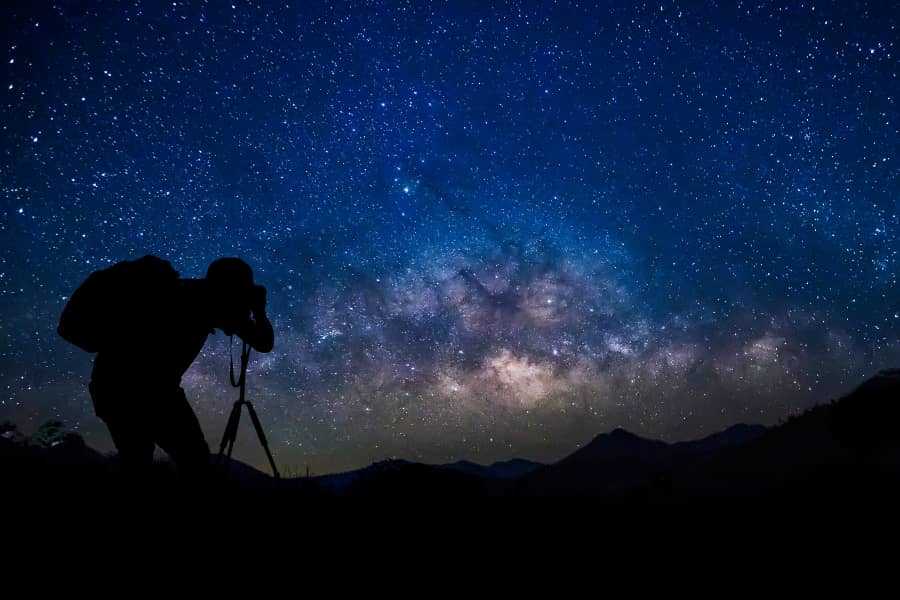
Where To Start Stargazing?
The universe has a lot to offer if you are keen enough to reveal the secret of the sky. Adjusting your binocular lens or the eyepiece of your telescope can help you invent the numerous unrevealed stories of the sky. Whether you are in the company of your partner or family travelling down the road on a camping, hiking, or trekking trip; stargazing can also be an exciting activity.
If you are a stargazer, this should be your checklist for a perfect location to start stargazing:
- A clear and dark night: Full moon nights or moonlit nights and not preferred for stargazing.
- Lowly lit area: When you are stargazing, you should always pick up a site with minimum streetlights. Stars are visible from places that are darker and are free from external lighting.
- Adjust to the visibility: You should give at least 20 minutes to adjust to the dark. This time is required by the rod cells in our eyes which aid vision at the night.
- Weather conditions: A night when the wind is blowing fast is not preferred for stargazing. You should always choose a night which is clear, dark and dry. There should be no haze to ensure the best view of a starlit sky. A gaze at the star is so much better and more peaceful when the weather is perfect.
Stargazing is intricate and beautiful in its way. It is hard because they do not quickly cope with the methods, which makes identification easier. But, on the contrary, it is beautiful because it leads to discoveries each day.
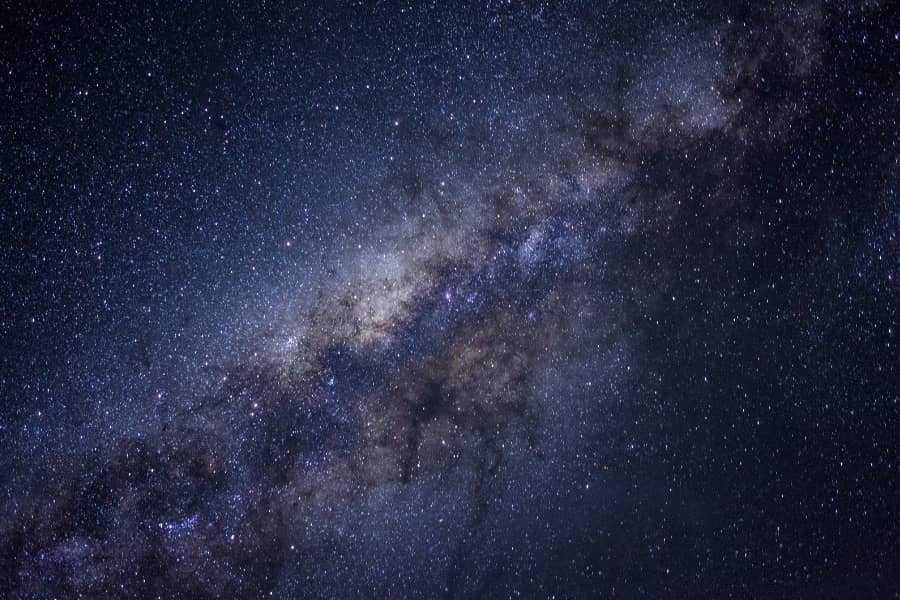
Famous Stars, Planets, And Galaxies That You Can Gaze At
Stargazing proved to be one of the most interactive tools for kids who are curious about space. Stargazing for beginners proves to be one of the most exciting activities as a pastime. The more you examine and experiment, the more you discover. Your increasing discoveries make you more at home with the night sky.
This hobby of gazing at the stars can lead to your increased interest in space later, which can even help you shape your career.
Stargazing is the first step that lets you take a hands-on tour of the visible universe.
Here are some famous stars, planets, and galaxies named, which you can guess with a binocular or a telescope:
Stars
- The Hyades star cluster
- The Pleiades star cluster
- The Big Dipper/Ursa Major constellation
- Orion, the Hunter constellation
- Taurus, the bull
- Gemini, the twins
Planets
- Venus
- Jupiter
- Saturn
- Mars(as twilight gives way to nightfall)
Galaxies
- Milky Way galaxy
- Andromeda Galaxy
- Hercules
- Crab Nebula
- Whirlpool galaxy
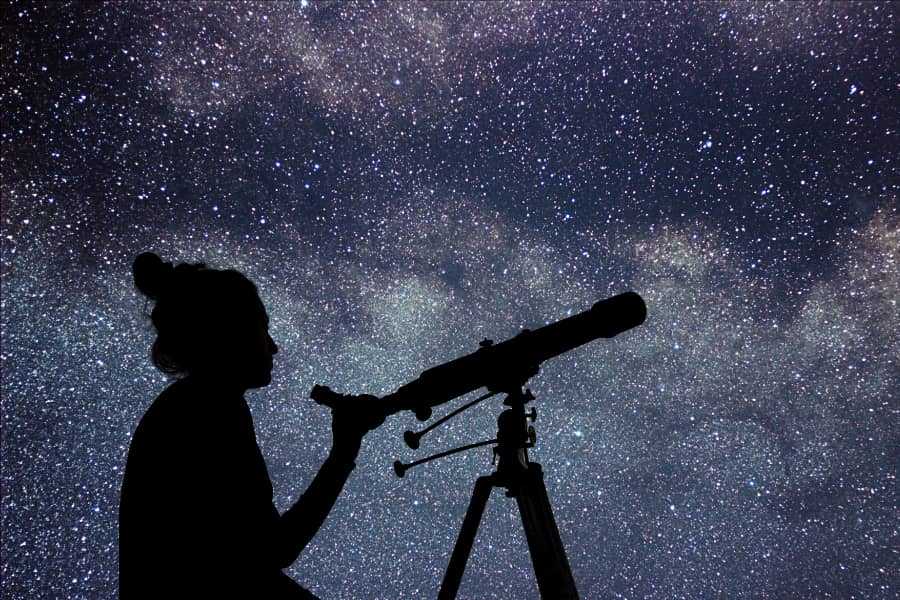
Tips for Stargazing
Astronomy teaches you patience. While practising stargazing, you will understand nothing comes easy, at least not in the first go. You can keep wondering about diving deep into the depths of the sky, but there will be days when you will keep missing it. This hunting for the treasure and missing the target keeps repeating, and it is more than usual for every beginner.
You have to maintain high hopes that eventually, one day, you will finally succeed. While checking out binoculars or telescopes, you must make sure to pick the best to serve your purpose. Most celestial bodies are within reach of any telescope, but some appear dim and feeble. For checking them, you need advanced equipment with larger apertures and better eyepieces.
Whether you are just starting or have already developed the expertise, stargazing never ends to feed your soul. An hour or two a day of stargazing works like meditation for a lot of people. It calms their mind and energizes their soul. It is both a fun activity because of inventing new things every alternate day and a relaxing task to practice.
Unfortunately, perfection is rare, no matter what you paid. So, the only way you excel is to keep patience and be regular at watching your star friends every night.